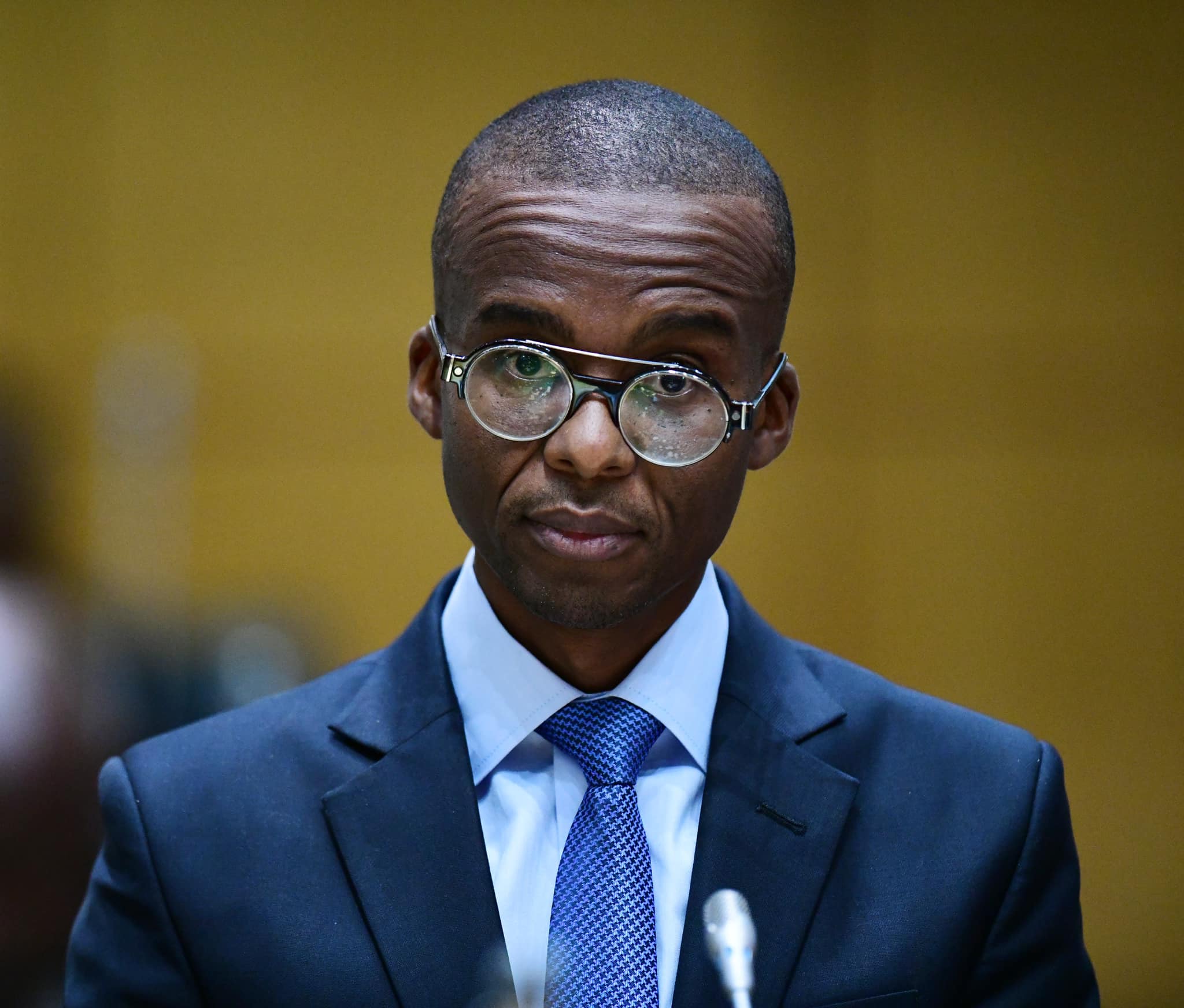In a sobering revelation, Botswana’s Vice President and Finance Minister, Ndaba Gaolathe, announced that the nation’s financial situation is more dire than initially anticipated. Speaking to the media today, following the swearing-in of a new batch of ministers by President Advocate Duma Boko, Gaolathe admitted that the government coffers are in an alarmingly depleted state. The gravity of the situation, he noted, goes beyond the initial assessments, leaving the administration with no choice but to take swift and decisive actions to stabilize the economy.
“Things are worse than we thought in terms of government coffers,” Gaolathe stated, addressing the media. He went on to assure the nation that despite the financial challenges, the government is committed to doing “anything possible to keep the boat afloat.” This includes immediate austerity measures and structural adjustments aimed at reversing the situation. In a display of leadership by example, Gaolathe announced that both he and President Boko would take a one-year salary cut to contribute to the recovery efforts. “We are taking some measures, including cutting my salary and that of President Boko for a year, so that we put things in place to keep the economy afloat,” Gaolathe added.
Despite minor economic rebounds, Botswana’s overall financial picture remains bleak. Between December 2018 and December 2024, under the previous administration led by President Masisi, government spending reportedly drew down a total of P21.1 billion. This significant expenditure led to a dramatic reduction in the Government Investment Account (GIA), a critical financial buffer designed to support Botswana in times of economic hardship. By August 2024, the GIA—which once served as a robust financial cushion for the nation—had dwindled to a meager P1.9 billion, according to the Bank of Botswana. This depletion underscores the severity of the economic challenges the new administration must now confront.
Gaolathe’s announcement of a personal salary cut, along with President Boko’s, underscores the leadership’s commitment to addressing the crisis through personal sacrifice. Such a move, though symbolic in nature, is intended to instill public confidence in the government’s resolve to rectify the nation’s financial situation. It is also expected to set the tone for further austerity measures across various sectors.
Beyond the personal sacrifices of top officials, analysts predict that the government may need to introduce broader austerity measures. These could include budget cuts in non-essential areas, strict expenditure monitoring, and exploring alternative revenue sources. The government is also likely to review tax policies and assess ways to broaden the tax base, ensuring that every avenue for income generation is thoroughly explored.
In a parallel development that offers a glimmer of hope, today’s meeting between President Boko and top executives from Anglo American and De Beers has raised expectations of a potential financial boost for Botswana. Anglo American, a multinational mining company, and De Beers, a major player in the diamond industry, hold significant interests in Botswana. This high-level discussion could pave the way for future investments, joint ventures, and renegotiated agreements that could prove beneficial for the country’s finances.
Botswana, with its rich diamond resources, has long relied on the mining sector as a cornerstone of its economy. Strengthening relations with industry leaders like De Beers could lead to an infusion of capital, potentially easing the strain on government coffers. “The meeting between the President and Anglo American Executive and De Beers is hoped to be a precursor to Botswana’s improved financial future,” a government spokesperson commented, hinting at the importance of these strategic partnerships.










